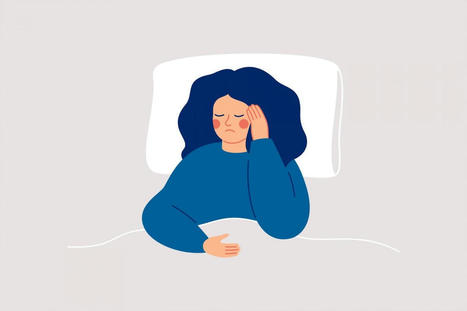You learn new and complex things more quickly if you use effective and smart learning strategies
Research and publish the best content.
Get Started for FREE
Sign up with Facebook Sign up with X
I don't have a Facebook or a X account
Already have an account: Login
A source of news, websites, articles, blogs, and other information about the growing interest in positive psychology, neuropsychology, and brain mapping from Psychogenyx.
Curated by
Luis Valdes
 Your new post is loading... Your new post is loading...
 Your new post is loading... Your new post is loading...
|
|





















